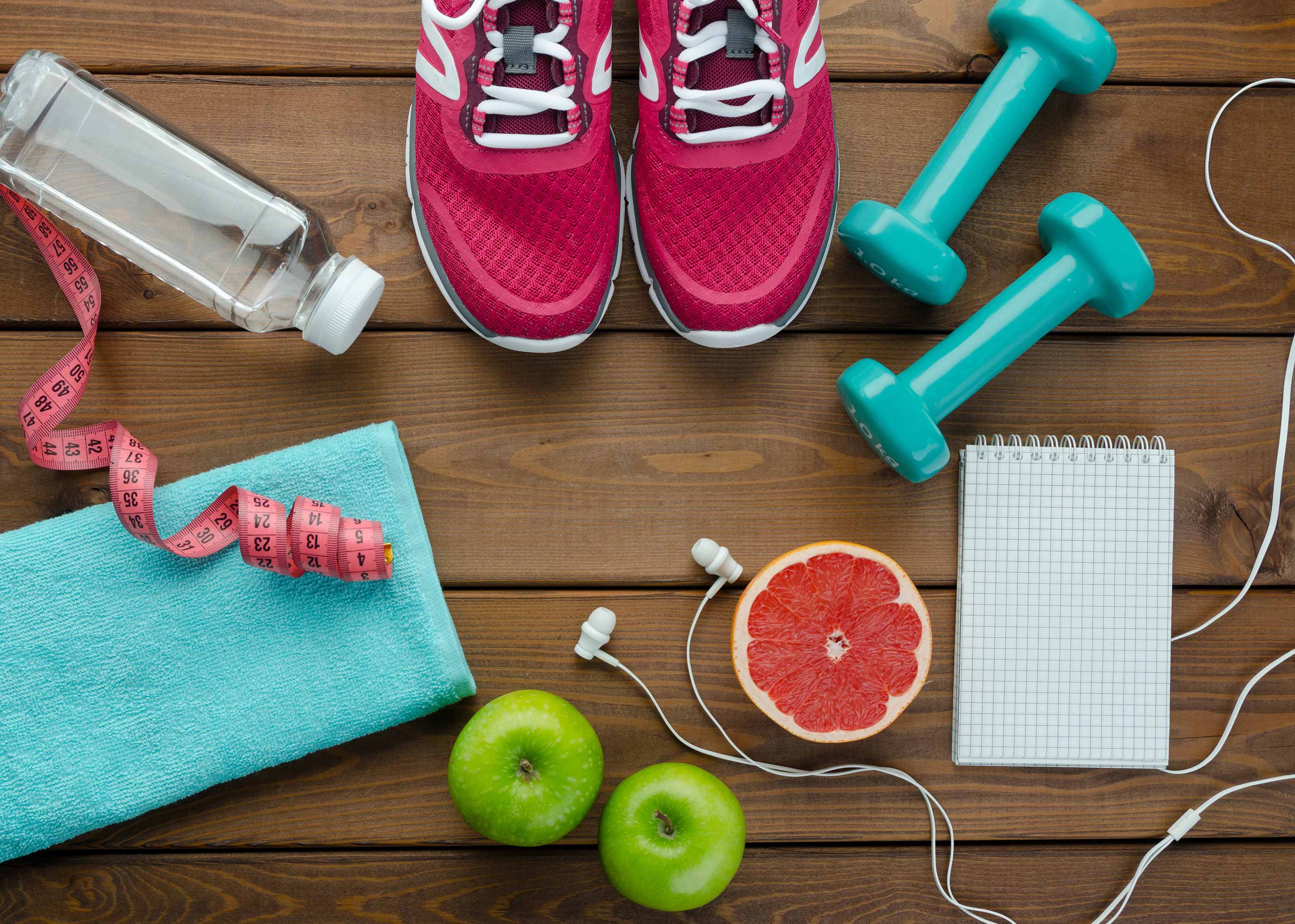
Regular physical activity boosts muscle and bone strength, improves blood flow, reduces the risk of heart disease and diabetes, and helps maintain a . Try to get at least 150 minutes of moderate- or vigorous-intensity exercise a week.
You don’t need to spend hours in a gym or run mile after monotonous mile. Even just a brisk walk or two can help.
Strengthening
Exercise increases the efficiency of the heart and lungs, so they can draw in more oxygen and push out more carbon dioxide with less effort. It also reduces blood sugar levels, helping people with diabetes keep their risk low. In addition, exercising regularly boosts energy levels and reduces the feeling of fatigue. That’s especially important for people who suffer from chronic pain or medical conditions like fibromyalgia, COPD or cancer. That’s because exercises increase muscle strength and improve endurance. They also release endorphins, which act as natural painkillers.
If you don’t have time for regular trips to the gym, there are plenty of other ways to stay active throughout your day. Even walking the dog or getting up every hour to stretch out your legs can help you reap some of these benefits. Exercise helps prevent a range of diseases and conditions, from heart disease to cancer to osteoporosis. It’s important for adults of all ages, and can have immediate and long-term health benefits.
Boosting Endurance
Getting regular exercise, particularly aerobic activity that elevates your heart rate and breathing, helps to boost your endurance. This can help you perform better at work or play, and reduce your risk of certain diseases.
In addition, exercise can help you feel less fatigued throughout the day. That’s because it improves your lung and cardiovascular system’s efficiency in drawing oxygen into the body and expelling carbon dioxide and wastes.
Try to aim for 30 minutes of moderate intensity exercise 5 days a week, and incorporate muscle-strengthening activities 2 days a week for additional benefits. Stay hydrated before, during and after your workout to prevent dehydration. It’s also important to fuel your body with complex carbohydrates, lean proteins and healthy fats for energy. Incorporating these nutrients can help reduce sugar cravings and support muscle recovery.
Boosting Self-Esteem
Whether you’re hitting personal bests at the gym or feeling proud of your accomplishments in a dance class, exercise can boost your self-esteem. In addition, regular exercise helps distract your mind from the day-to-day stresses you may encounter, boosting feel-good endorphins and helping to lift your mood.
Exercise also helps to fight fatigue and reduce the need for stimulants like caffeine. Rather than reaching for another cup of coffee, try a brisk walk or taking the stairs instead of the elevator during your lunch break.
You don’t have to spend hours at the gym or sweating buckets to reap all of the physical and mental health benefits of exercise. Even 30 minutes of moderate exercise a few times a week can increase your sense of self-worth and help you build stronger muscles and feel more confident in your appearance. Moreover, the positive feelings that come with exercise are carried into your daily life and can enhance decision-making and improve your outlook on life.
Boosting Mental Health
Regular exercise does more than strengthen muscles and trim the waistline. It also elevates mood, relieves stress, improves memory, and boosts energy levels. You don’t have to be a fitness fanatic to experience these benefits. A light to moderate amount of aerobic activity like jogging, walking, swimming and cycling combined with two days of muscle- and bone-strengthening exercises is all you need to see these effects.
It’s not clear exactly how exercise enhances mental health, but experts speculate that it has something to do with the way it teaches you to tolerate short-term discomfort in exchange for long-term rewards. That’s because people who struggle with anxiety disorders often have a reduced tolerance for internal discomfort, which may explain why exercise helps them overcome these conditions. You don’t need to spend hours at the gym sweating buckets or running mile after monotonous mile to reap the physical and mental benefits of exercise. A 30-minute workout several times a week is enough.